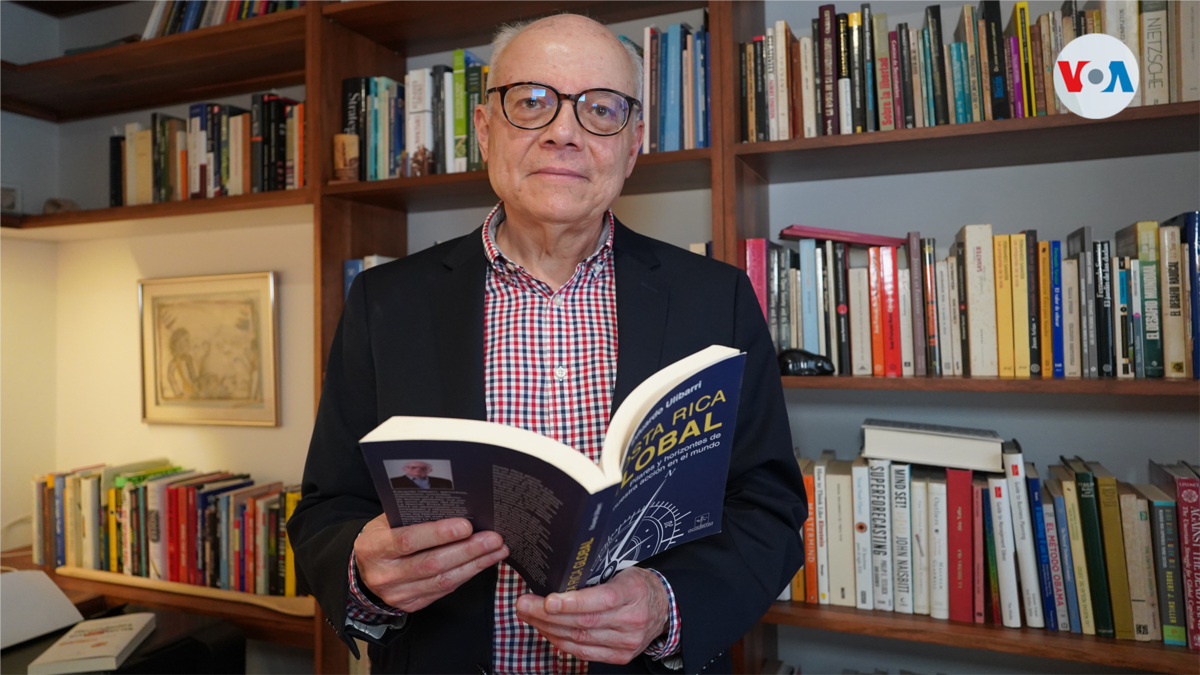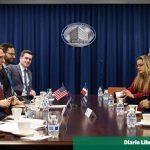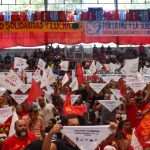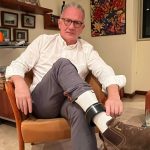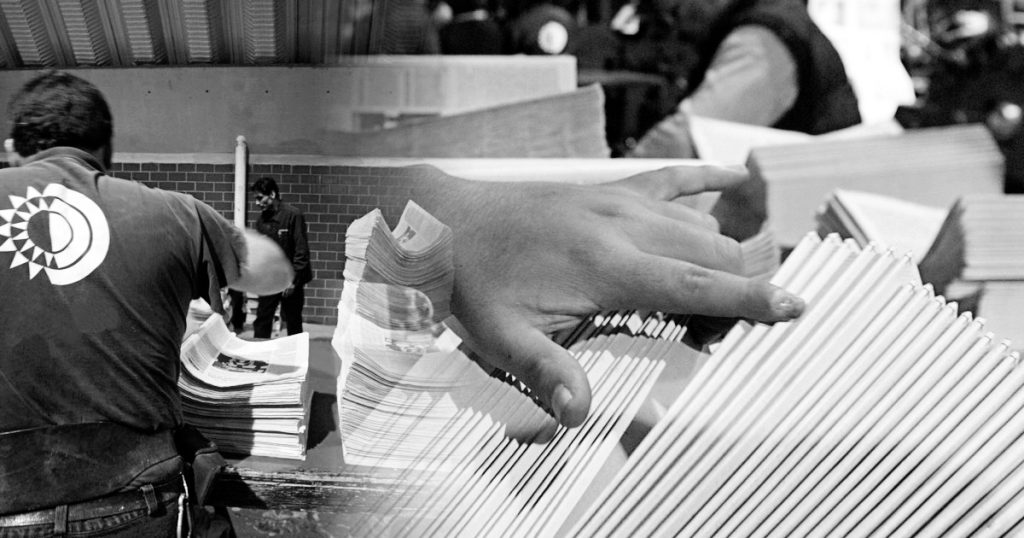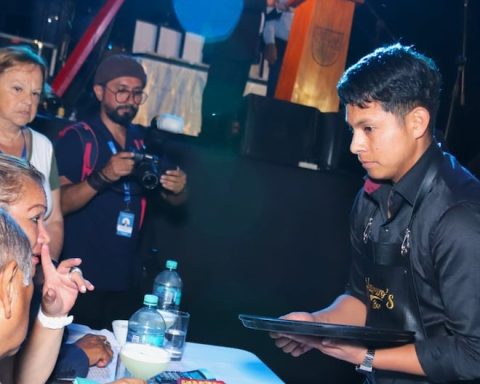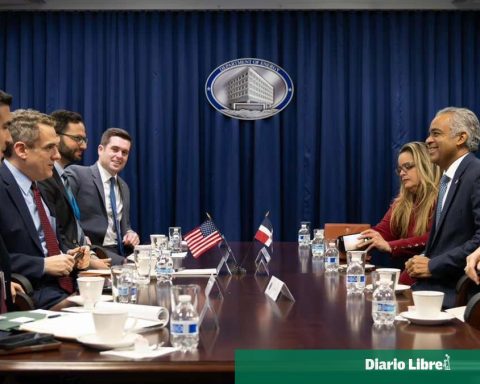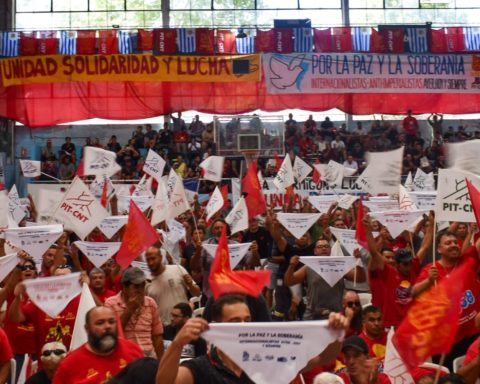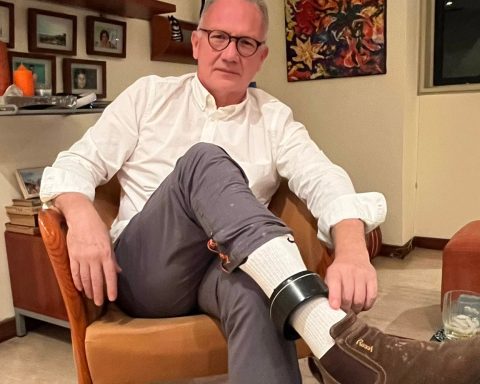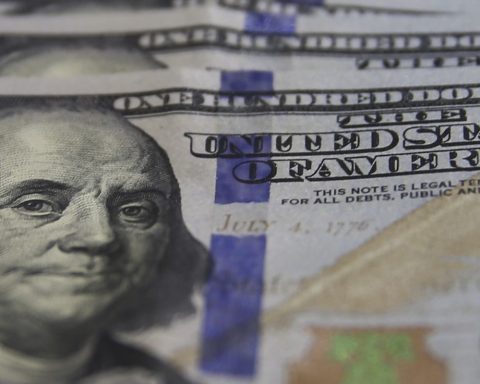The arrests of opponents, the massive closure of the media and the attacks on the Catholic Church by the government of President Daniel Ortega are taking place “with total impunity,” according to observers consulted by the Voice of America.
Experts maintain that the president would be encouraging “so that rulers with these authoritarian tendencies” can continue adopting measures aimed at eroding the rule of law and controlling institutions.
The former Costa Rican ambassador to the United Nations and journalist Eduardo Ulibarri has said that “one of those signs of impunity” dates back to when the candidate proposed by Ortega, Werner Vargas, was unanimously elected as secretary of the Central American Integration System (SICA).
“When from other governments that have different authoritarian tendencies or disrespect for the rule of law, it is perceived that the main violator of democratic norms, the main violator of human rights, of the alternation of power, of individual liberties, of independence of the civil organizations, it is unpunished, there is an incentive”, affirms Ulibarri.
The former diplomat acknowledges that Nicaragua is experiencing a “disheartening” moment, while admitting that “it is not surprising at all.”
“It is part of a dictatorial escalation and a process of isolation that Ortega has been applying in Nicaragua, especially since April 2018 after the great protests,” he says.
President Daniel Ortega, for his part, has justified the arrests of opponents by claiming that the detainees are “coup plotters”, including priests, whom he blames for allegedly having attempted a coup during the 2018 protests.
Ortega has also defended himself against criticism from the international community and the Vatican, and has labeled as “hypocrites” those who have called for the restoration of democracy.
“Who elects the priests, the bishops? Who elects the pope, the cardinals? How many votes? Who gives them to them?” Ortega said in a public speech during an act for the 43rd anniversary of the Police National.
Ortega also accused the Catholic Church of having used “its bishops in Nicaragua to stage a coup.”
Role of the international community
In Ulibarri’s opinion, the international community “does not seem to be on a course of confrontation with Ortega.”
“There is still a great deal of complacency, or at least a lack of censorship beyond political and verbal censorship, and that can really have a material effect on the situation in Nicaragua,” he says.
“My perception is that, as long as these types of actions, of more drastic sanctions against the regime, which even touch its ability to trade with some important partners such as the United States itself, are not taken, Ortega is probably going to maintain that course and what is worse, there is going to be more and more repression inside Nicaragua.”
Sanctions are prolonged, but with few results
This Thursday the European Union extended for one yearthe sanctions against the “regime” of Nicaragua, and its close circle.
But analysts and think tanks indicate that the current sanctions have had little effect and should escalate further. In fact, the Ortega government recently expelled the European Union ambassador to Nicaragua, Bettina Muscheidt, from the country after accusing her of interfering and she was declared “non grata”.
According to the Center for Strategic and International Studies (CSIS), the United States must increase pressure against the administration of President Daniel Ortega and recommends sanctions “on high-impact entities” such as the Nicaraguan Army.
“The time for individual sanctions is probably over; they are inappropriate in relation to the dramatic authoritarian consolidation that the country is experiencing,” assures the Washington-based think tank and recapitulates the latest actions of President Daniel Ortega, such as the “illegitimate” re-election in 2021, as well as the attacks against the Catholic Church, and the persecution of civil society.
“The Office of Foreign Assets Control (OFAC) should freeze any military or Ortega regime assets in US banks or invested in the US stock market,” he suggests. CSIS.
Likewise, it affirms that Nicaragua should be removed from the United States Special Watch List, to designate it as a “country of particular concern” as a result of “human rights violations.”
According to former Cuban diplomat Guillermo Belt, the international community must take actions legitimately in accordance with international law and that they are not taking, “and that goes far beyond simple declarations and condemnations.”
“I believe that it is time for the international community to act and one of the measures that are within the reach of the international community are measures of an economic nature, which are generally called sanctions, to somehow see if the dictatorship in Nicaragua reacts to these abuses that you are committing and stop committing them,” concluded Belt in an interview with the VOA.
Connect with the Voice of America! Subscribe to our channel Youtube and turn on notifications, or follow us on social media: Facebook, Twitter and Instagram
